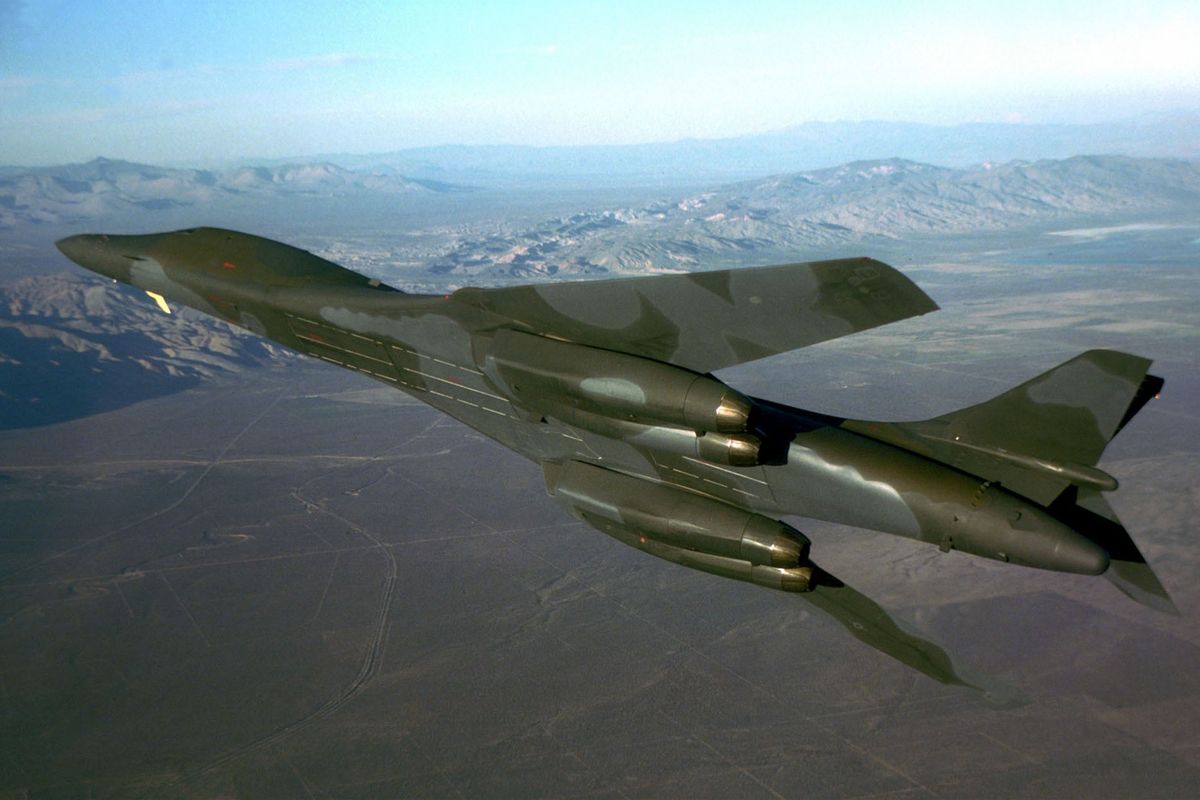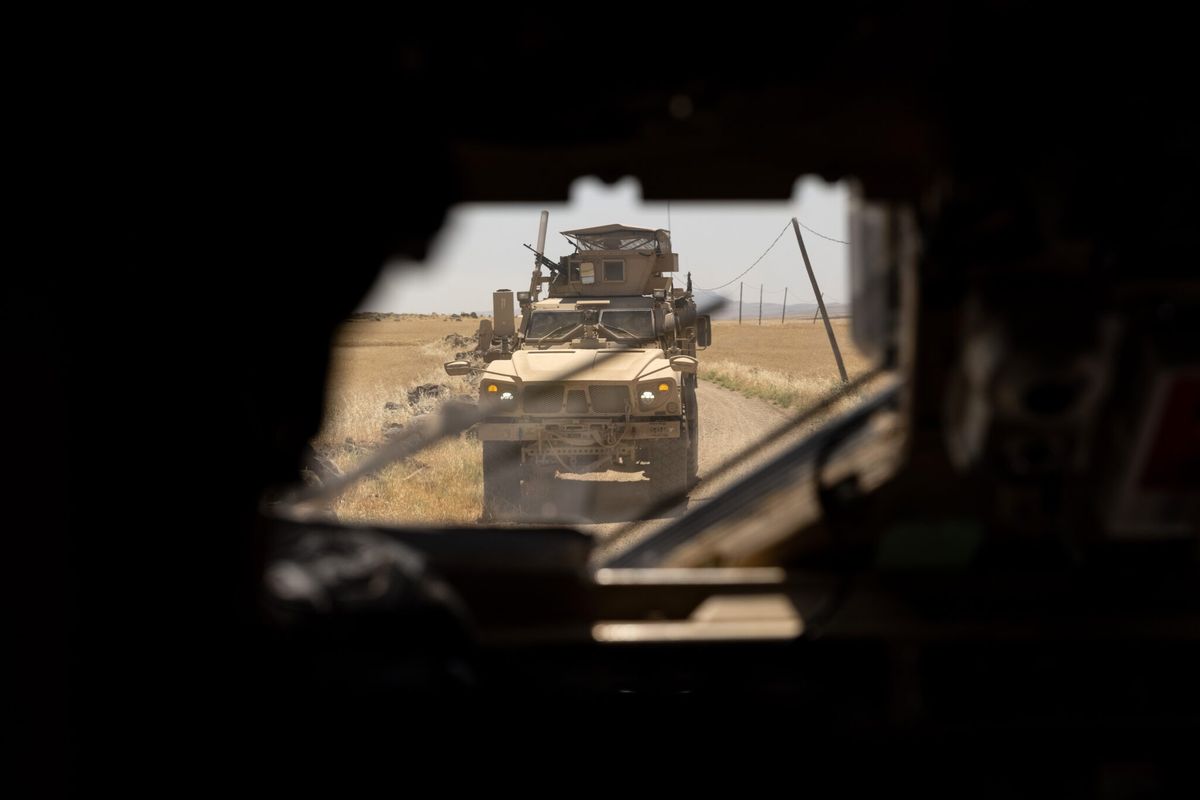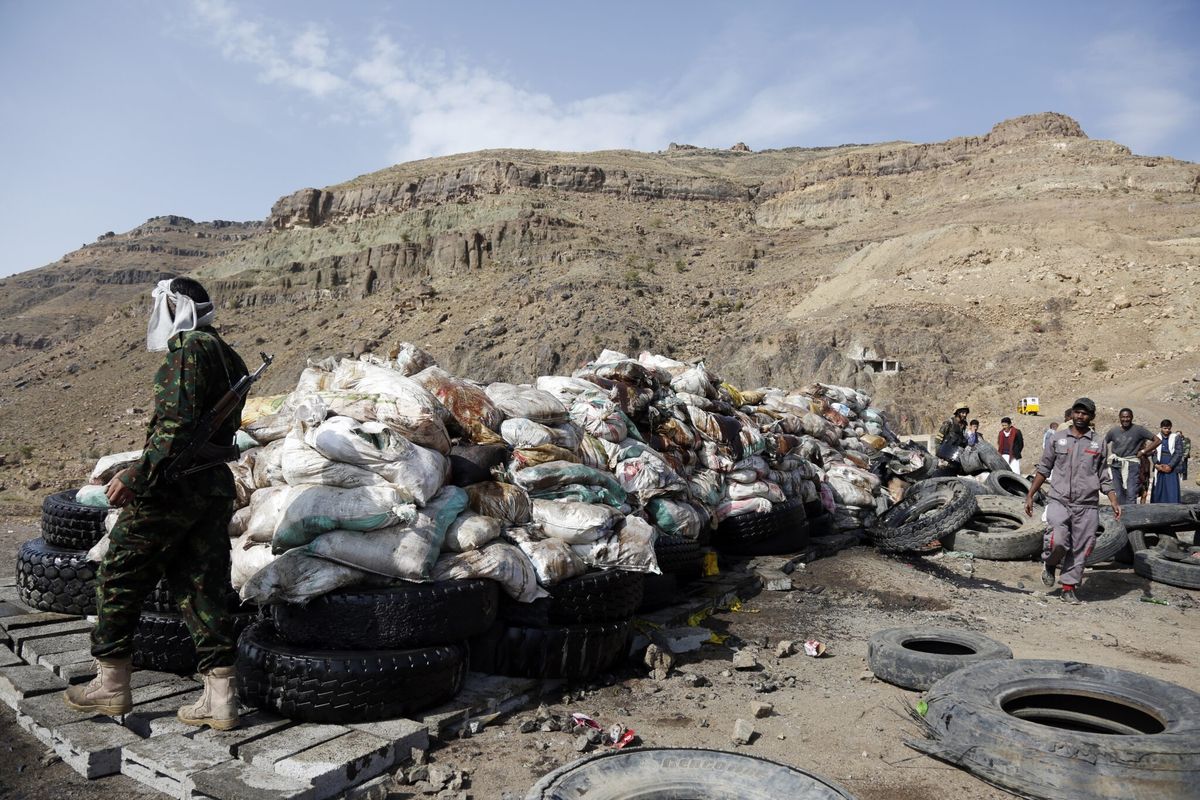The Syrian government is suspected of dropping barrel bombs containing chlorine gas on an opposition-held neighborhood in eastern Aleppo. The Syrian Civil Defence, a rescue workers’ group, said people in the Sukari neighborhood were left suffocating on Tuesday.
This comes just after a United Nations investigation for the first time blamed Syrian President Bashar al-Assad’s regime for using chemical weapons. As The Cipher Brief reported two weeks ago, the joint report by the UN and the Organization for the Prohibition of Chemical Weapons (OPCW) found that government troops carried out at least two attacks involving chlorine on civilians.
One attack was in the town Talmenes in April 2014 and the other was in Sarmin in March 2015. In addition, the Syrian Civil Defence accused the government of two other suspected chlorine gas attacks carried out this past August. The UN is reportedly investigating an August incident, reports Reuters.
“It’s long been known that the Syrian government has been using chlorine gas — it’s not a secret,” former U.S. Ambassador to Syria (2011-2014) Robert Ford tells The Cipher Brief.
However, Ford, who is now a senior fellow at the Middle East Institute in Washington, says, “The Russian government's move to block any UN Security Council consensus about the need to react to Syrian government use of chemical weapons means that there is no effective deterrence against repeated Syrian government use of chemical weapons in the future.”
The international community attempted to create a deterrence mechanism in September 2013, when the U.S. and Russia signed an agreement on chemical weapons, which would force Assad to turn over his chemical weapons stockpile. Chlorine is not a part of this deal, UN Security Council Resolution 2118, but Assad also joined the Chemical Weapons Convention, which forbids chlorine weapons.
Ford notes that Russia’s current stance is “at odds” with this 2013 agreement. “It [Russia] effectively nullifies the utility of UN Security Resolution 2118 which had stipulated that the Security Council would consider Chapter VII action against the Syrian government if it violated the terms of the resolution by producing or using chemical weapons again.”
Rebecca Hersman, a former deputy assistant secretary of defense for countering weapons of mass destruction, who is now Director of the Project on Nuclear Issues at CSIS, tells The Cipher Brief that there are a number of options the Security Council can implement if the Syrian government is found to be using chemical weapons, from sanctions to legal mechanisms like the International Criminal Court. But that is only if all parties – including Russia – are on board.
“It seems to strain credulity if the Security Council can come to unanimous agreement up to the creation of the [Joint Investigative Mechanism] JIM [the OPCW-UN effort in Syria], and then somehow refuse to act when the JIM puts before them credible evidence and very serious reporting that clearly points to attribution,” says Hersman.
Ford – in a prescient comment – told The Cipher Brief a couple of weeks ago, “Once it becomes clear that the Security Council isn’t going to do anything, I suspect we’ll see new reports of chlorine gas attacks.”
Kaitlin Lavinder is a reporter at The Cipher Brief.













